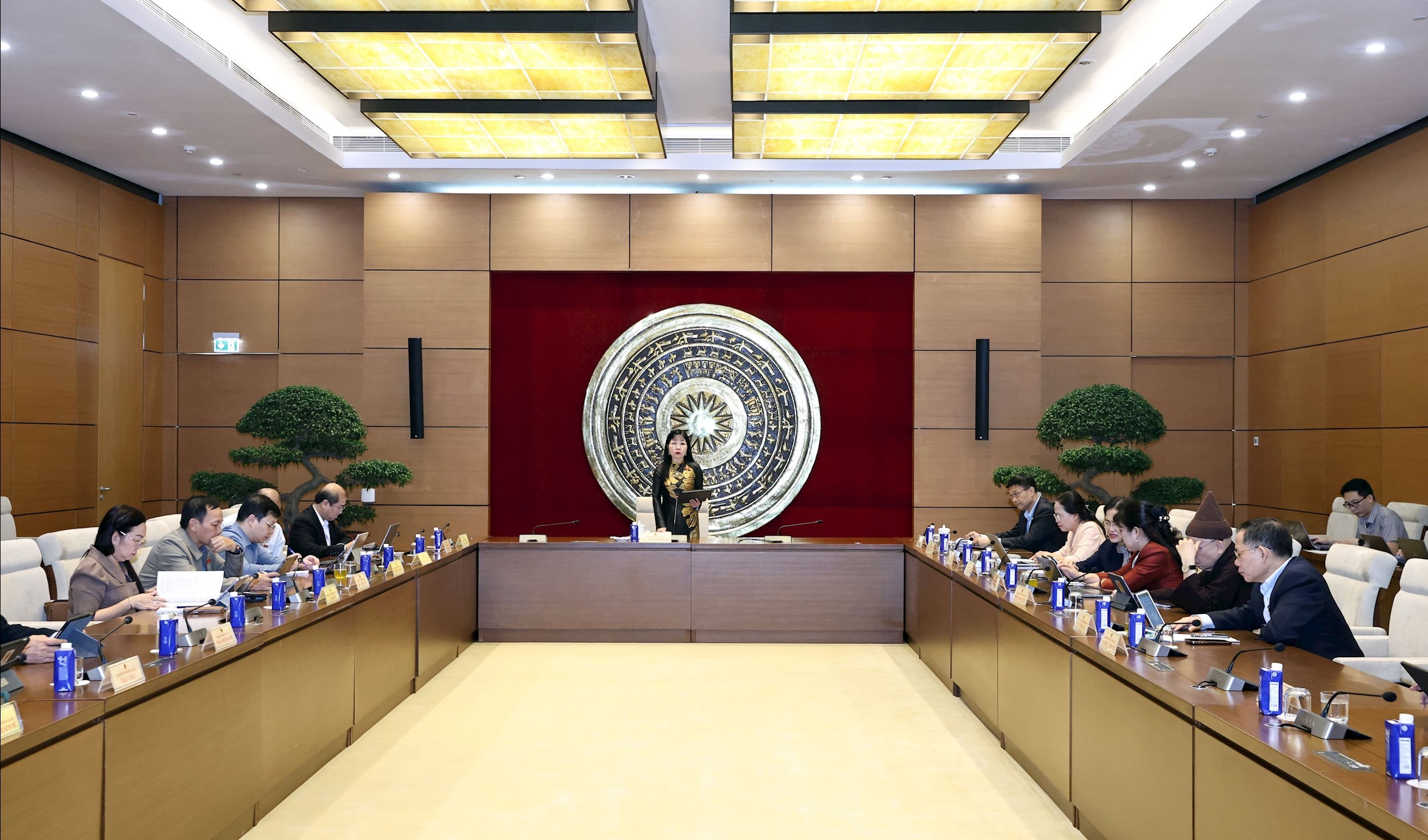
Necessary and specific legal tools to promote the development of the education and training sector.
The majority of the National Assembly Deputies of Group 14 agreed to issue a Resolution of the National Assembly on a number of specific and outstanding mechanisms and policies to make breakthroughs in education and training development in order to promptly, fully and effectively institutionalize the viewpoints, goals, tasks and breakthrough solutions stated in Resolution No. 71-NQ/TW of the Politburo on breakthroughs in education and training development; creating a specific and outstanding legal corridor for the Government, ministries, branches and localities to synchronously and drastically implement from 2026.
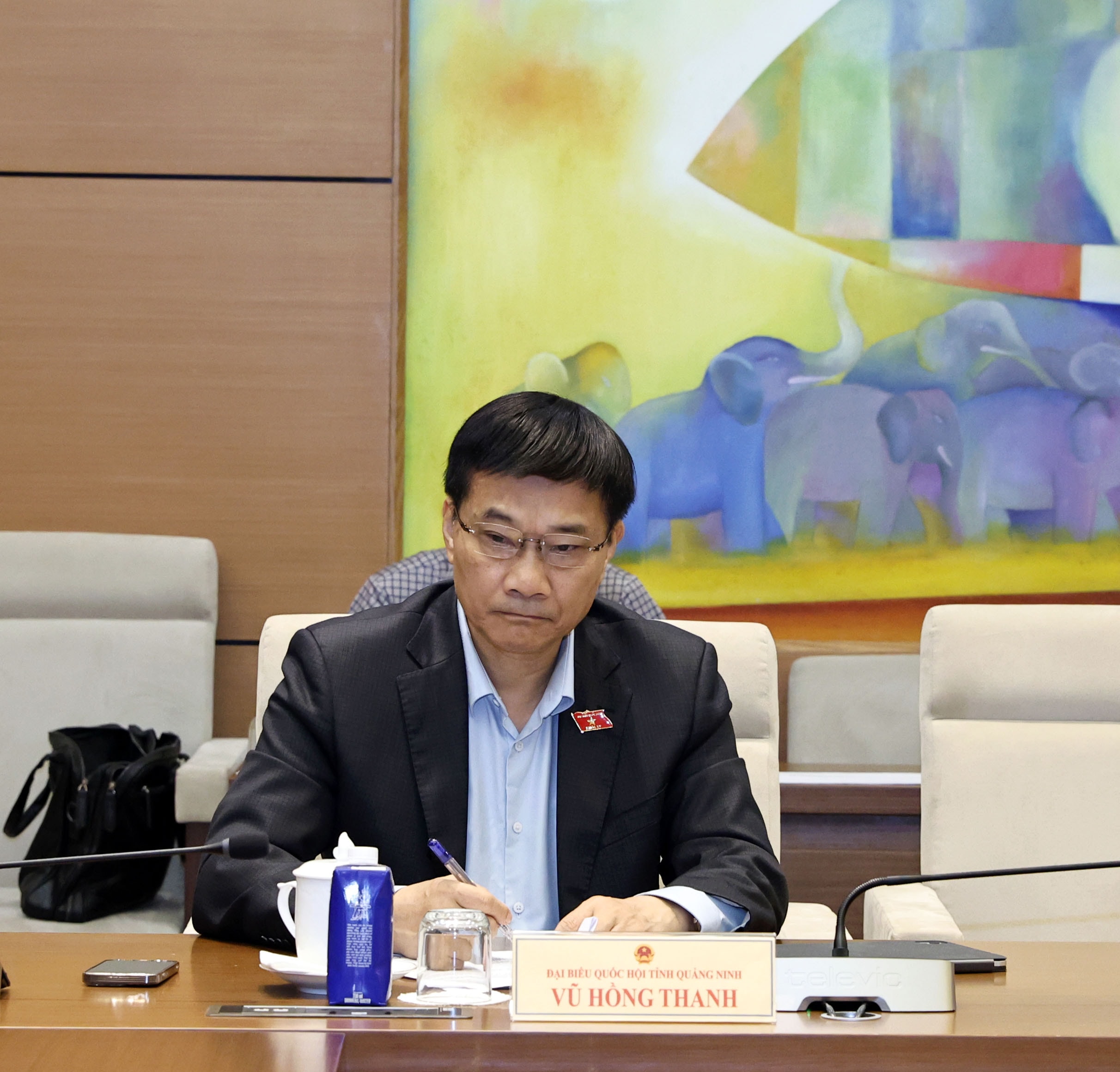
At the same time, focus on removing major bottlenecks in institutions, human resources, finance and administration, effectively unblocking and mobilizing all resources, creating new momentum and development space for the entire education sector. Promote real university autonomy, improve the quality of human resource training, especially high-quality human resources in strategic technology fields, to meet the requirements of industrialization, modernization and sustainable development of the country.
National Assembly Deputy Chau Quynh Dao (An Giang) stated that although Vietnam has achieved remarkable achievements, the education sector still has shortcomings, barriers and bottlenecks that prevent it from fully promoting its role as a key driving force for economic and social breakthroughs in the new era.
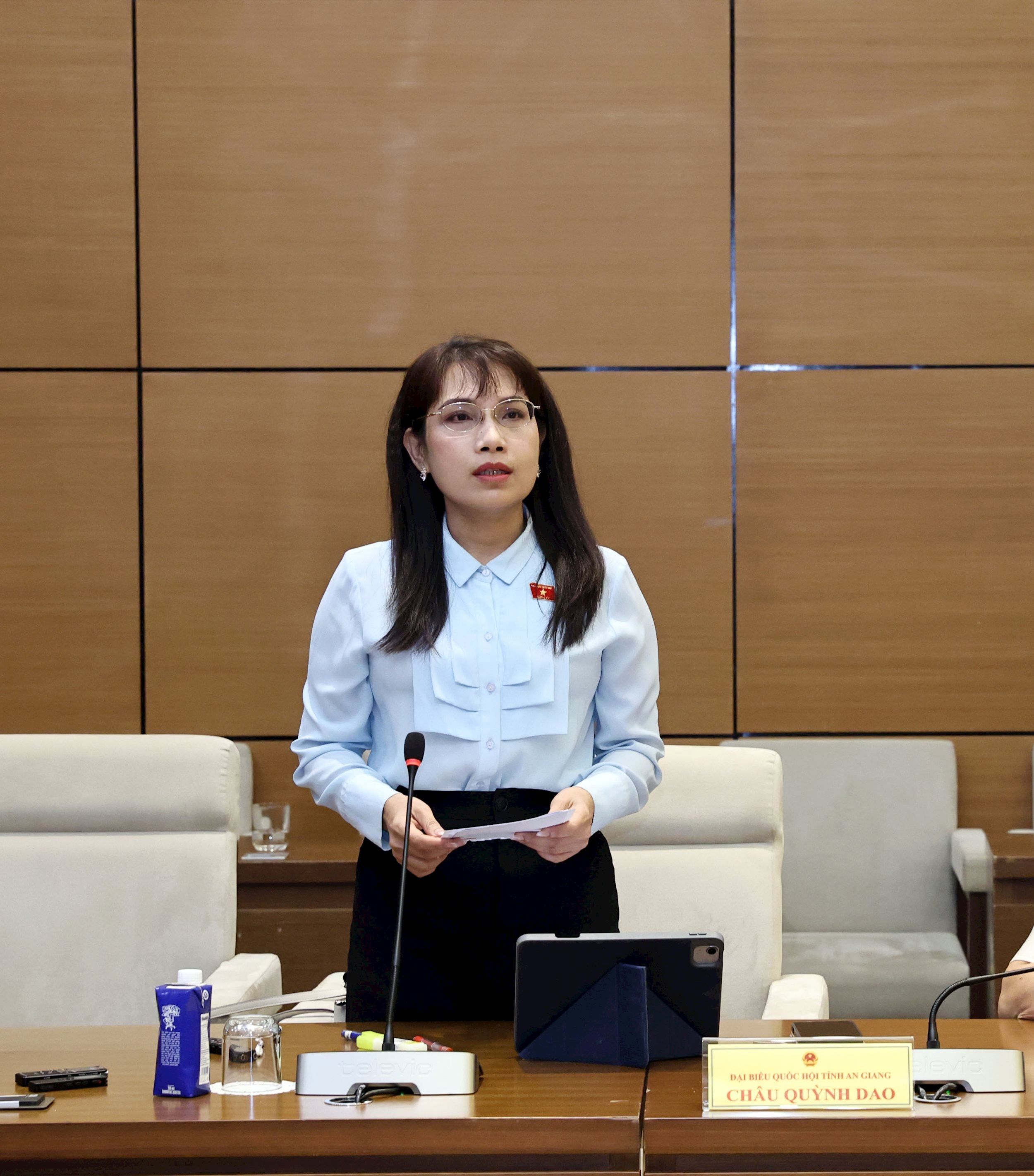
The promulgation of Resolution No. 71-NQ/TW of the Politburo on breakthrough in education and training development has demonstrated great political determination of the Party and State.
Therefore, the issuance of the National Assembly Resolution on a number of specific and outstanding mechanisms and policies to make breakthroughs in education and training development is absolutely necessary. This is considered a specific legal tool to promote the development of the education and training sector.
The outstanding special policy on human resource treatment at Point a, Clause 2, Article 2 is considered by some opinions to be an important content in the draft Resolution, aiming to demonstrate the breakthrough spirit of Resolution 71.
However, delegate Chau Quynh Dao suggested that it is necessary to consider and further study the preferential allowance for the profession implemented according to the roadmap for public preschool and general education institutions with a minimum level of 70% for teachers, 30% for staff and 100% for teachers working in areas with particularly difficult socio-economic conditions, border areas, islands, ethnic minority areas and mountainous areas. Because this regulation does not cover all subjects such as teachers and school staff at some other educational institutions.
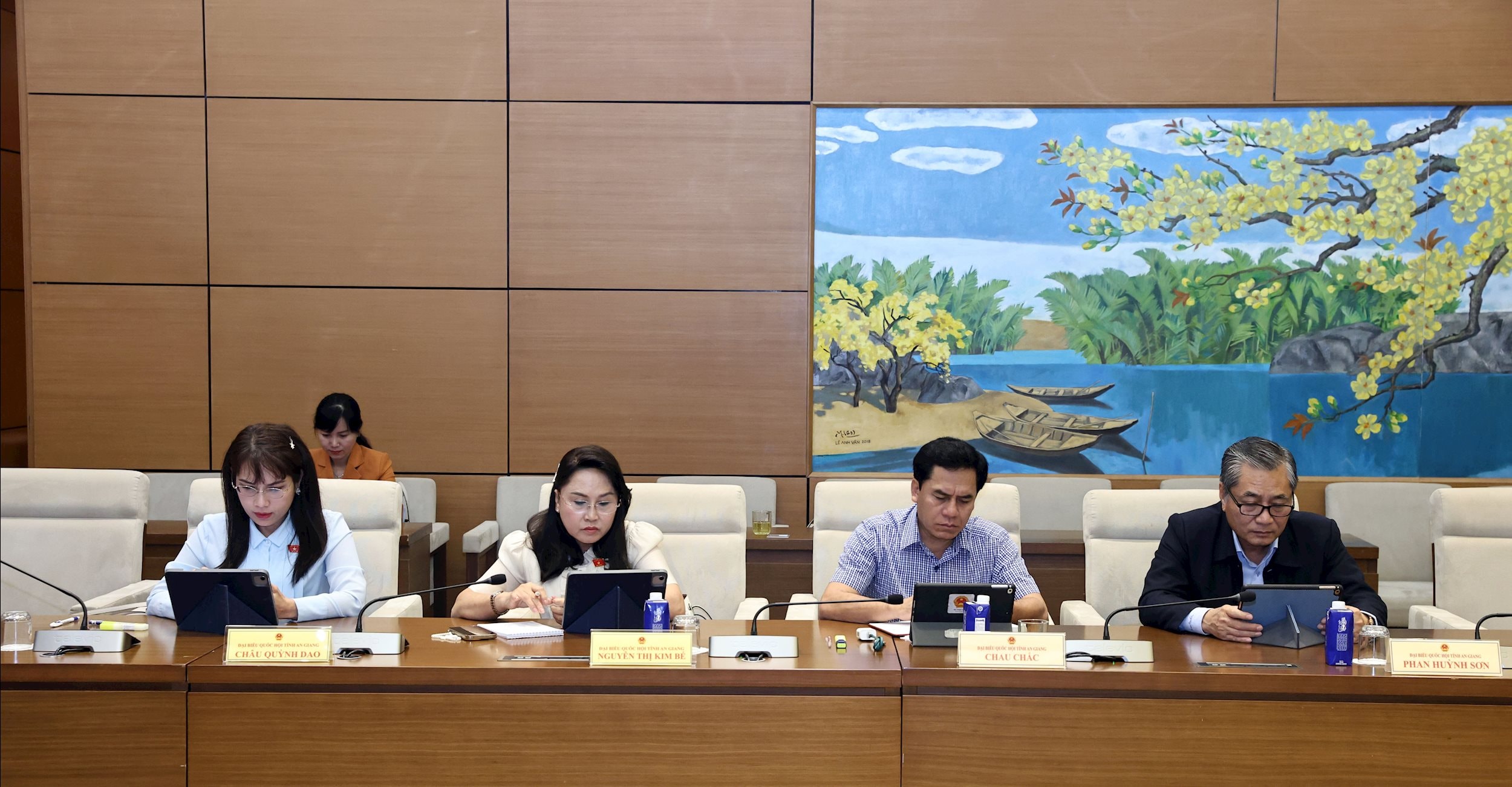
According to the delegate, currently, Article 33 of the Law on Education stipulates that general education institutions include primary schools, junior high schools, and high schools. But in reality, there are a number of other types of schools such as: semi-boarding schools for ethnic minorities, boarding schools for ethnic minorities, specialized schools, some reform schools, and new types of schools equivalent to high school level such as vocational high schools.
On the other hand, at Point a, Clause 1, Article 2 of the draft Resolution also stipulates that the Director of the Department of Education and Training exercises the authority to recruit and receive teachers, managers of educational institutions and staff in preschools, general education, continuing education, specialized schools and public vocational high schools.
Thus, legal documents have stipulated that in addition to preschools and general education facilities, there are also specialized schools, vocational high schools, and continuing education. Therefore, it is necessary to further study preferential policies for human resources in the education sector for the above cases so that the policies reach the right and sufficient subjects.
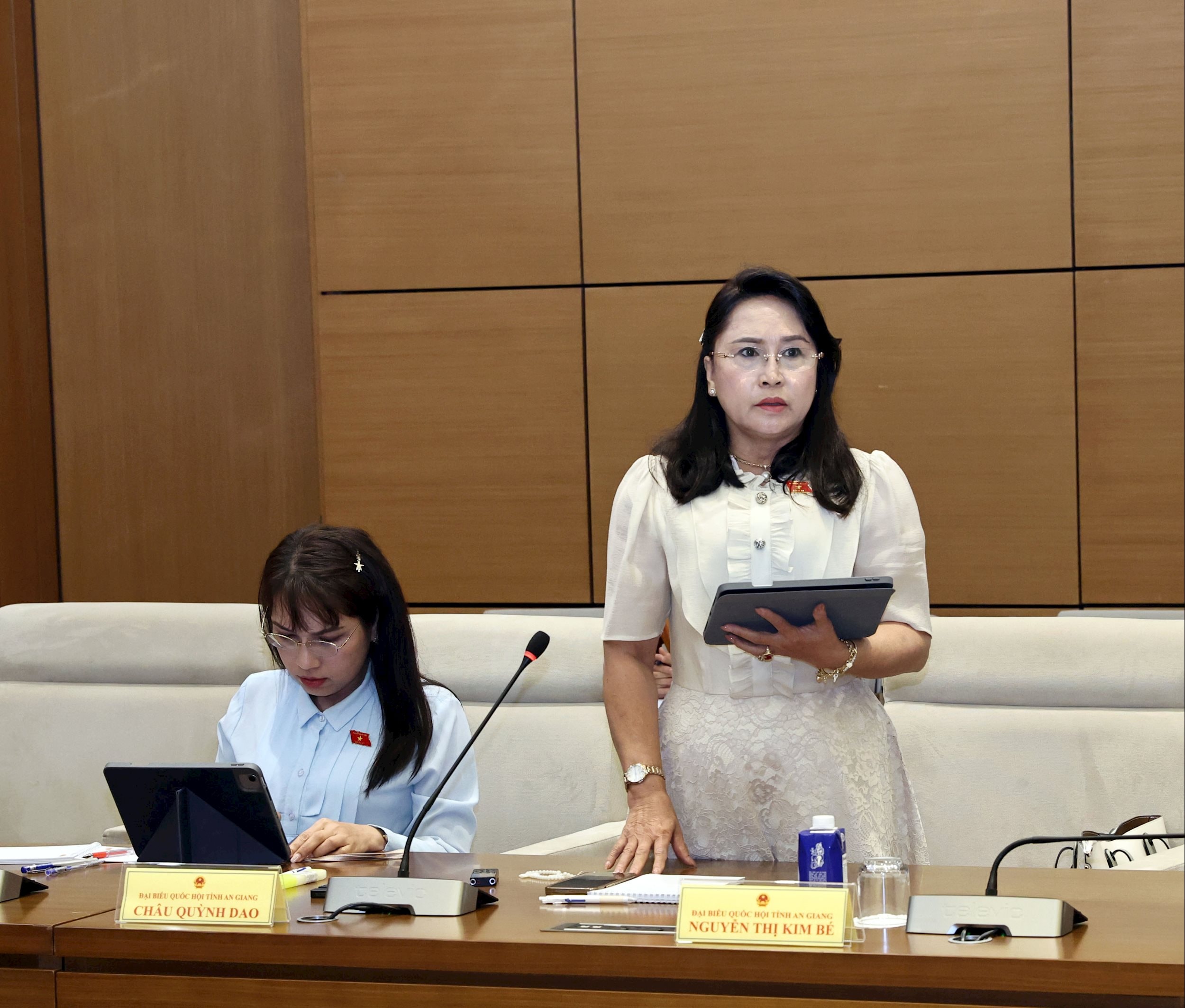
Sharing this view, National Assembly Deputy Nguyen Thi Kim Be (An Giang) suggested that it is necessary to carefully consider point a, clause 2, Article 2 on the special and outstanding policies and incentives for human resources in the education sector. Accordingly, it is necessary to focus on incentives for teachers and staff at vocational training institutions to enhance the development of high-quality professional human resources.
Specify the capacity requirements of the teaching staff
Referring to preferential policies for the education sector, National Assembly Deputy Tran Dinh Gia (Ha Tinh) suggested that it is necessary to strengthen management of school education culture; specify outstanding mechanisms to encourage, attract and effectively promote social resources for investment in education; improve digital capacity for human resources in the education sector; clearly define criteria, obligations and responsibilities of beneficiaries of preferential policies.
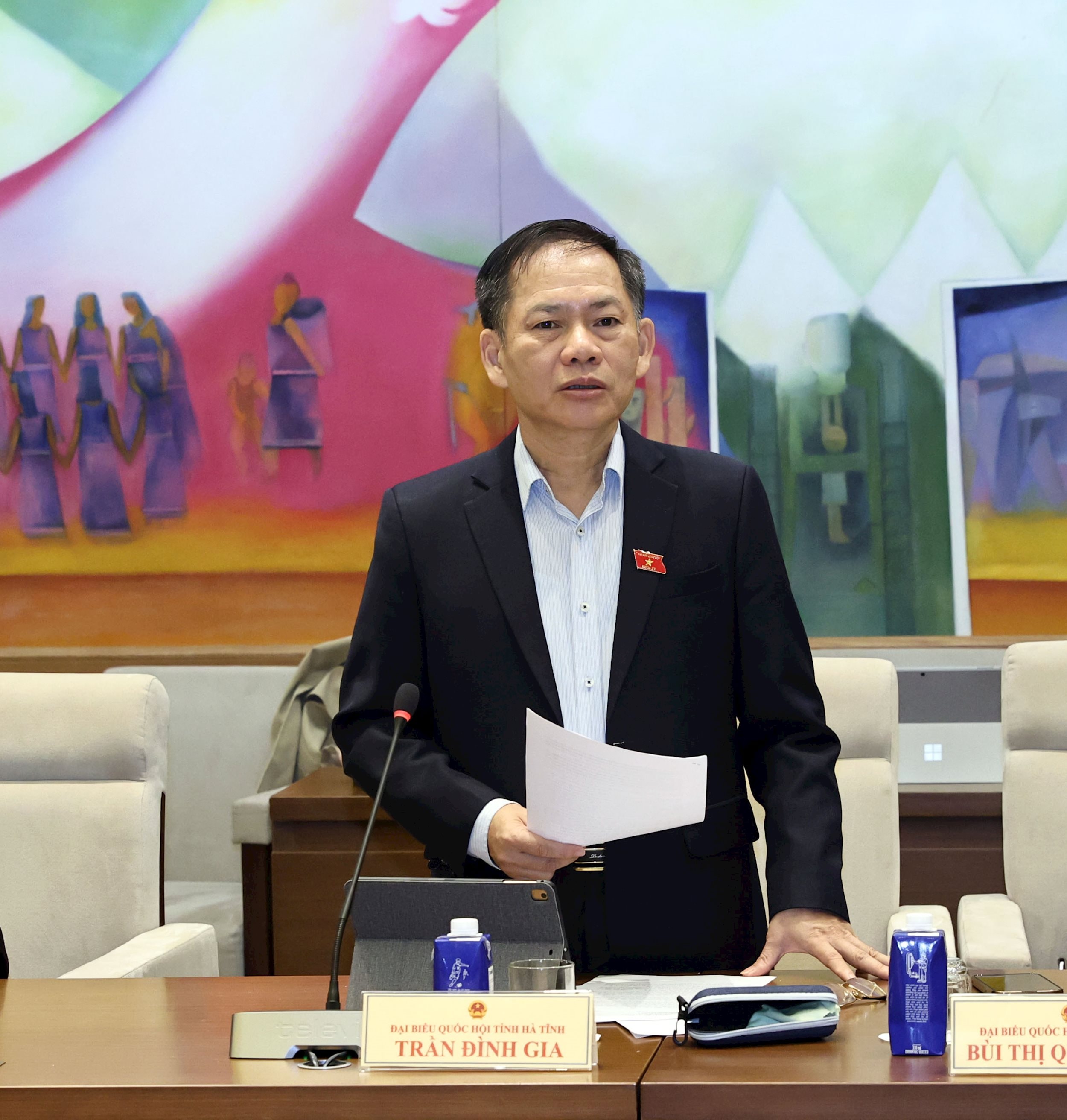
According to delegate Tran Dinh Gia, the implementation of preferential policies for excellent teachers has been clearly mentioned in the draft Resolution, but for teachers with weak capacity, it has not been specifically stated.
Therefore, the draft Resolution needs to include a full assessment of teachers' capacity and dedication; along with the policy comes high requirements for the capacity of the teaching staff. This is to ensure that the implementation of preferential policies is objective and avoids leveling.
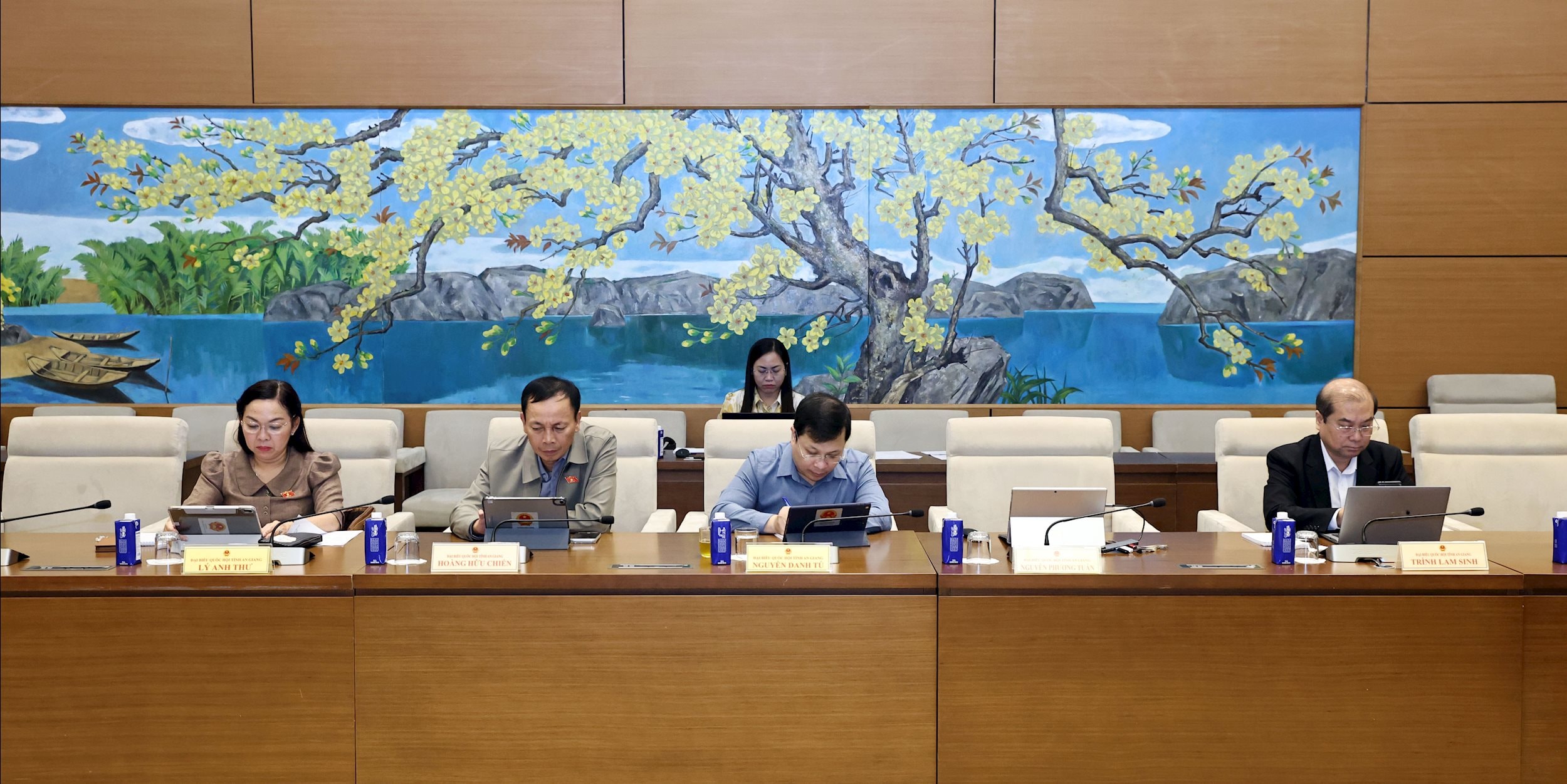
In addition, the draft Resolution also mentions that the Director of the Department of Education and Training exercises the authority to recruit and receive teachers, managers of educational institutions and staff in preschools, general education, continuing education, specialized schools and public vocational high schools in the province.
The Director of the Department of Education and Training also exercises the authority to mobilize, transfer, second, arrange, assign, and change job positions for teachers, educational institution managers, and employees in public educational institutions under its management authority and for public educational institutions related to the scope of 2 or more commune-level administrative units.
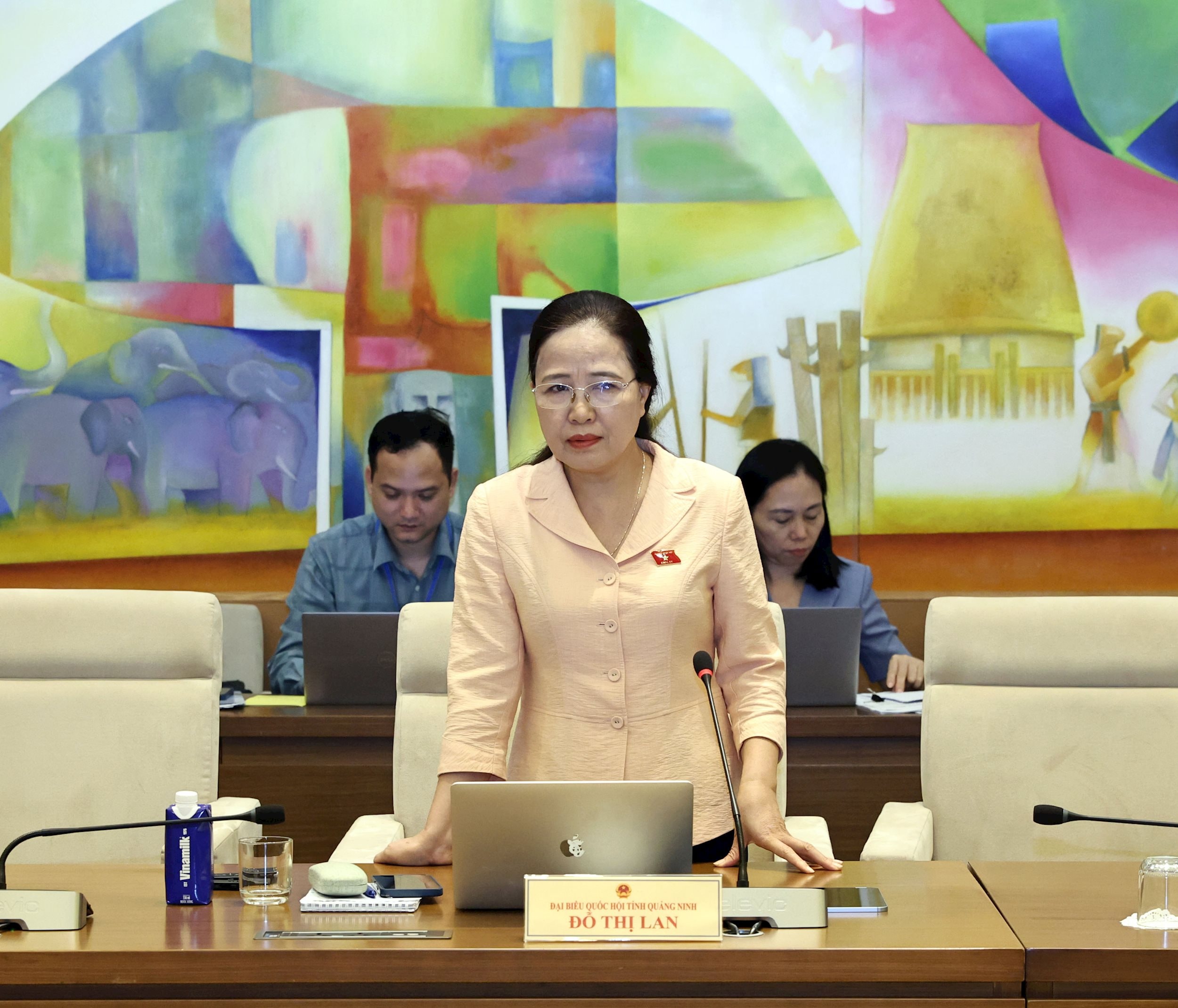
National Assembly Deputy Do Thi Lan (Quang Ninh) said that it is necessary to review the authority of the Director of the Department of Education and Training to implement the above regulations. Because currently, in schools, in addition to teachers, there are also janitors, clerical and administrative staff. The Director of the Department of Education and Training should not be allowed to recruit, receive and arrange jobs for these subjects. The recruitment, reception and arrangement of jobs for them should be carried out according to the general regulations issued by the Party and the State.
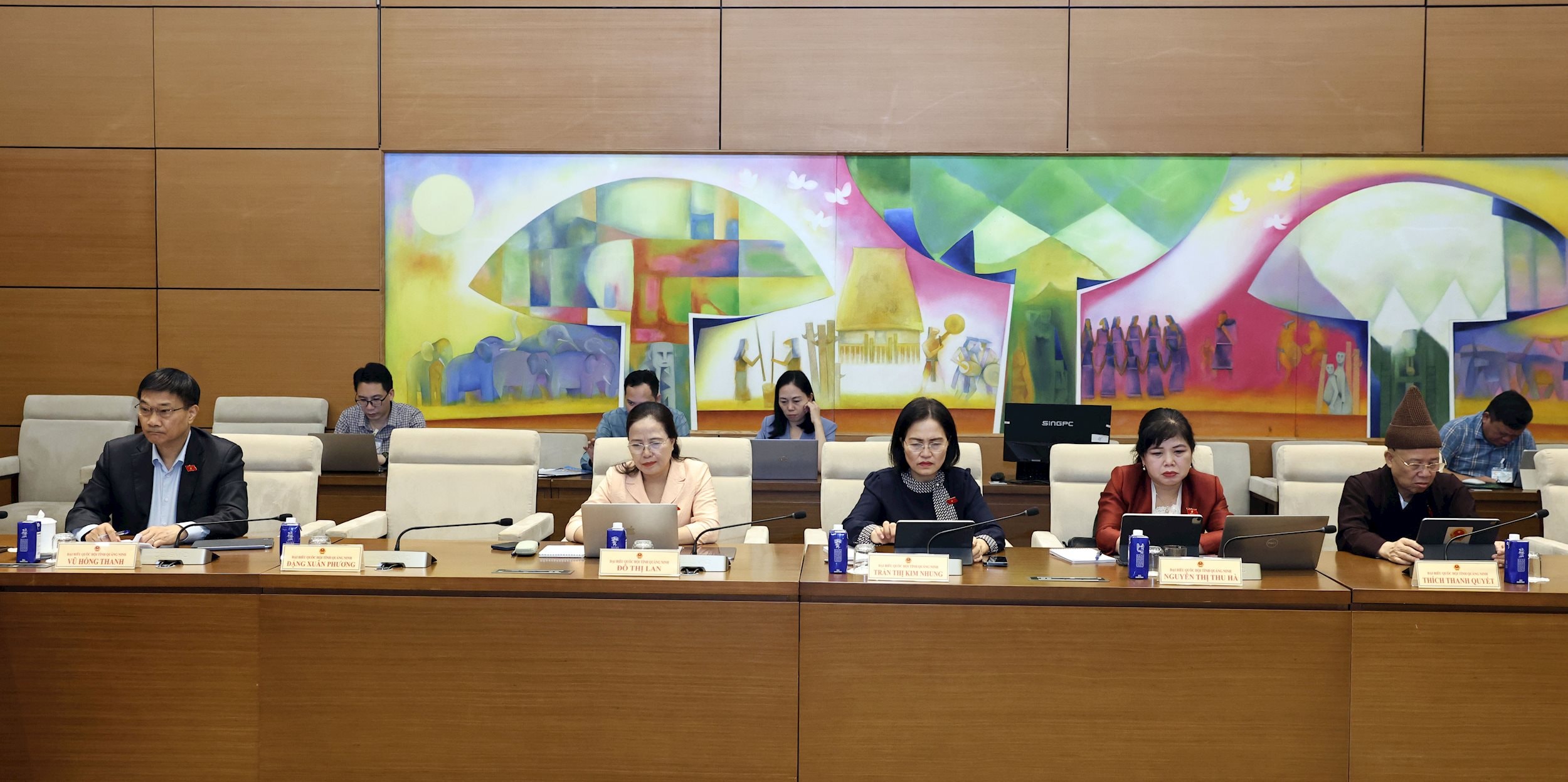
Source: https://daibieunhandan.vn/tang-cuong-uu-dai-de-phat-trien-doi-ngu-nhan-luc-nganh-nghe-chat-luong-cao-10395934.html








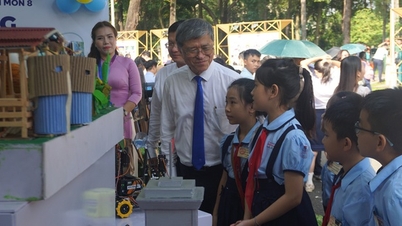



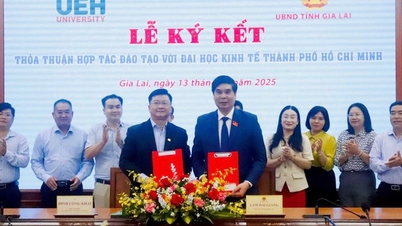
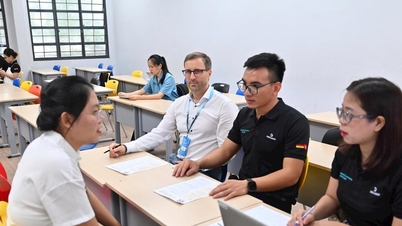









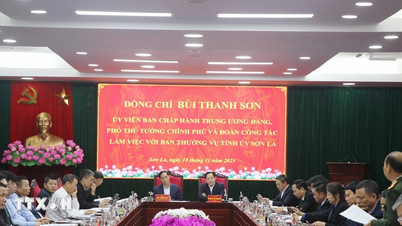













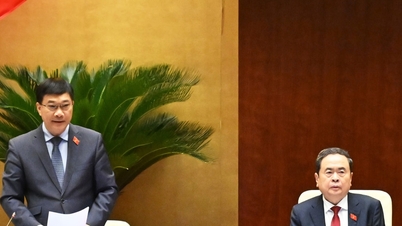


![[Photo] General Secretary To Lam and National Assembly Chairman Tran Thanh Man attend the 80th Anniversary of the Traditional Day of the Vietnamese Inspection Sector](https://vphoto.vietnam.vn/thumb/1200x675/vietnam/resource/IMAGE/2025/11/17/1763356362984_a2-bnd-7940-3561-jpg.webp)


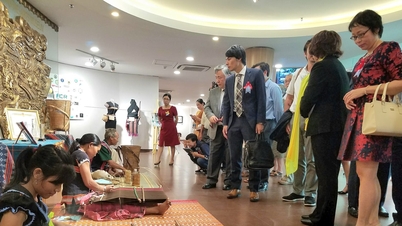








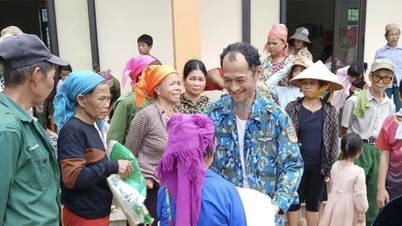












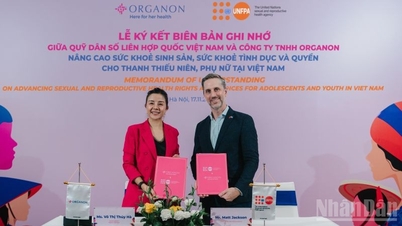









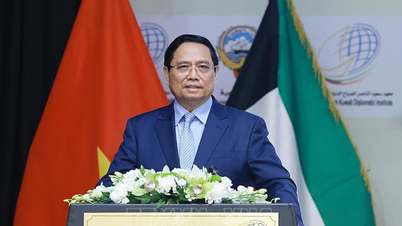














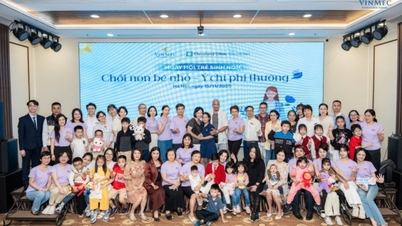



















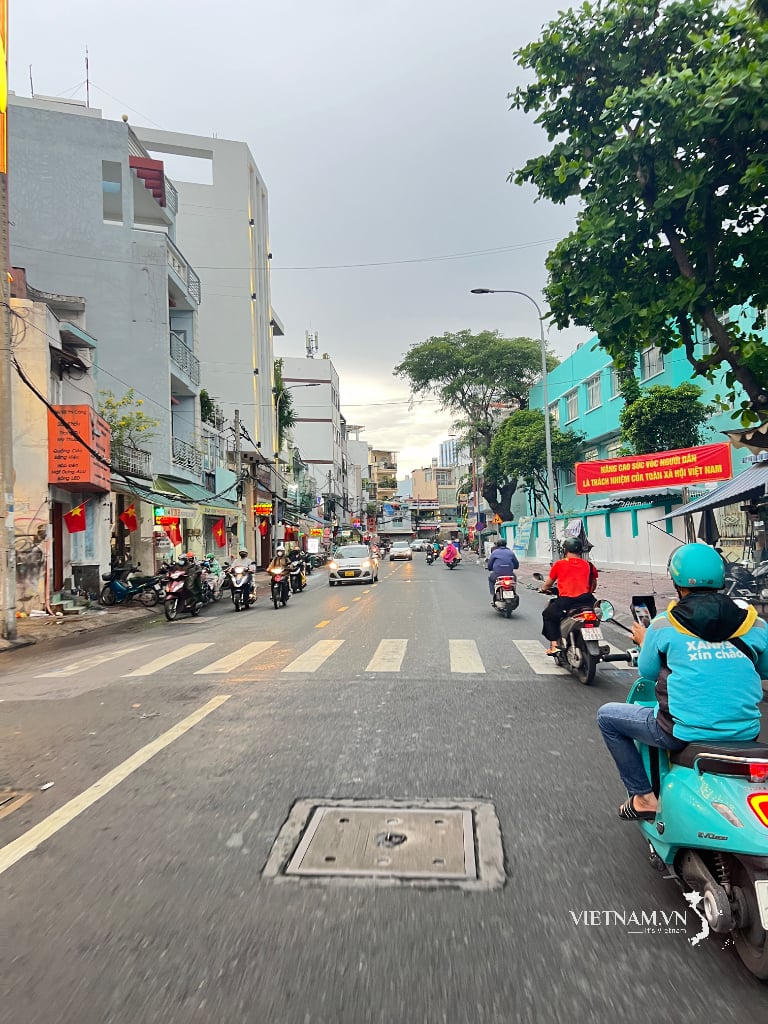

Comment (0)